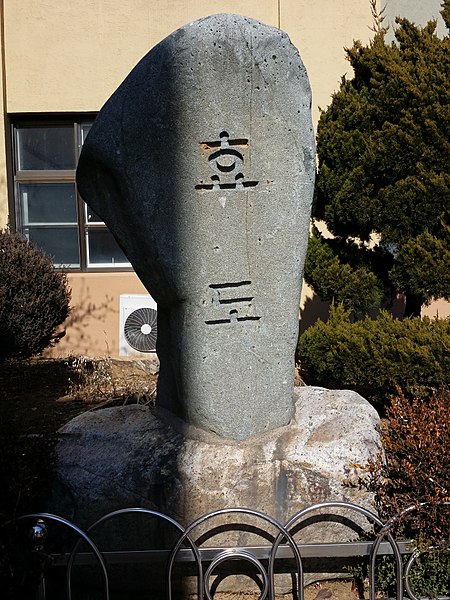The Yulanpen Sutra, also known as the Ullambana Sutra, is a Mahayana sutra concerning filial piety. It was translated from an Indic language and is found in Taisho 685 and Taisho 686 in Volume 16, the third volume of the Collected Sutra Section. Taisho 685 was translated by Dharmarakṣa from 265-311 CE and is entitled: 'The Buddha Speaks the Yulanpen Sutra'. Taisho 686 was translated by an unknown or lost translator during the Eastern Jin Dynasty and is entitled: 'The Buddha Speaks the Sutra of Offering Bowls to Repay Kindness'. According to Karashima, Taisho 686 is basically a more idiomatic adaptation of Taisho 685. It records the events which followed after one of the disciples of Shakyamuni Buddha, Maudgalyayana, achieves Abhijñā and uses his newfound powers to search for his deceased parents. In the end, Maudgalyayana finds his mother in the preta world and with the assistance of the Buddha, is able to save her. The East Asian Ghost Festival is based on this sutra.

Mulian and his mother Madame Liu (19th century)
Filial piety is the virtue of exhibiting love and respect for one's parents, elders, and ancestors, particularly within the context of Confucian, Chinese Buddhist, and Daoist ethics. The Confucian Classic of Filial Piety, thought to be written around the late Warring States-Qin-Han period, has historically been the authoritative source on the Confucian tenet of filial piety. The book—a purported dialogue between Confucius and his student Zengzi—is about how to set up a good society using the principle of filial piety. Filial piety is central to Confucian role ethics.
Scene from Illustrations of the Classic of Filial Piety (detail), depicting a son kneeling before his parents.
Illustrations of the Ladies' Classic of Filial Piety (detail), Song dynasty, depicting the section "Serving One's Parents-in-Law".
Koteiken, one of The Twenty-four Cases of Filial Piety, depicted emptying a chamber pot for his mother. Utagawa Kuniyoshi, 1848.
A memorial stone at a Korean elementary school, with the inscription "filial piety".





